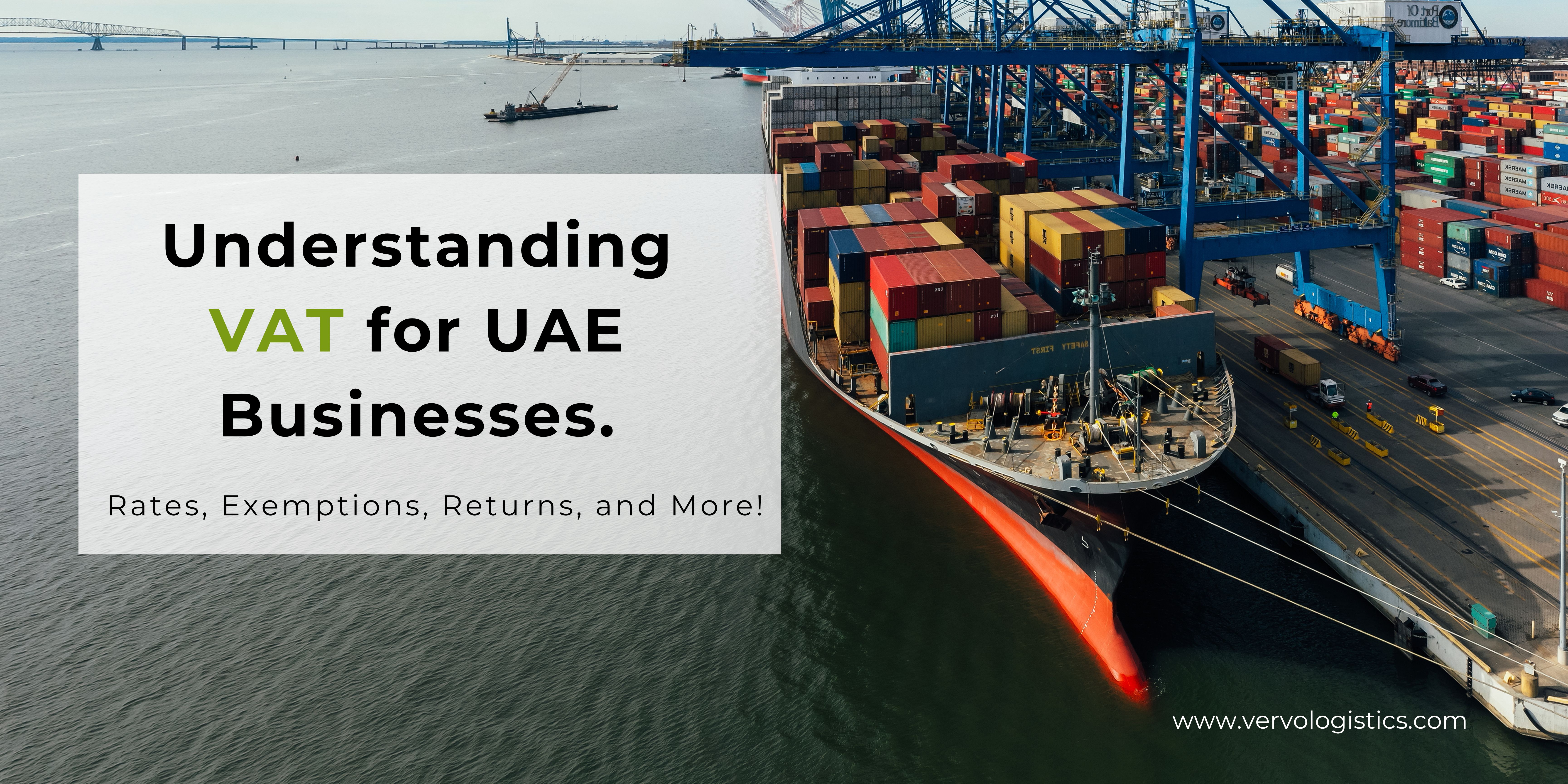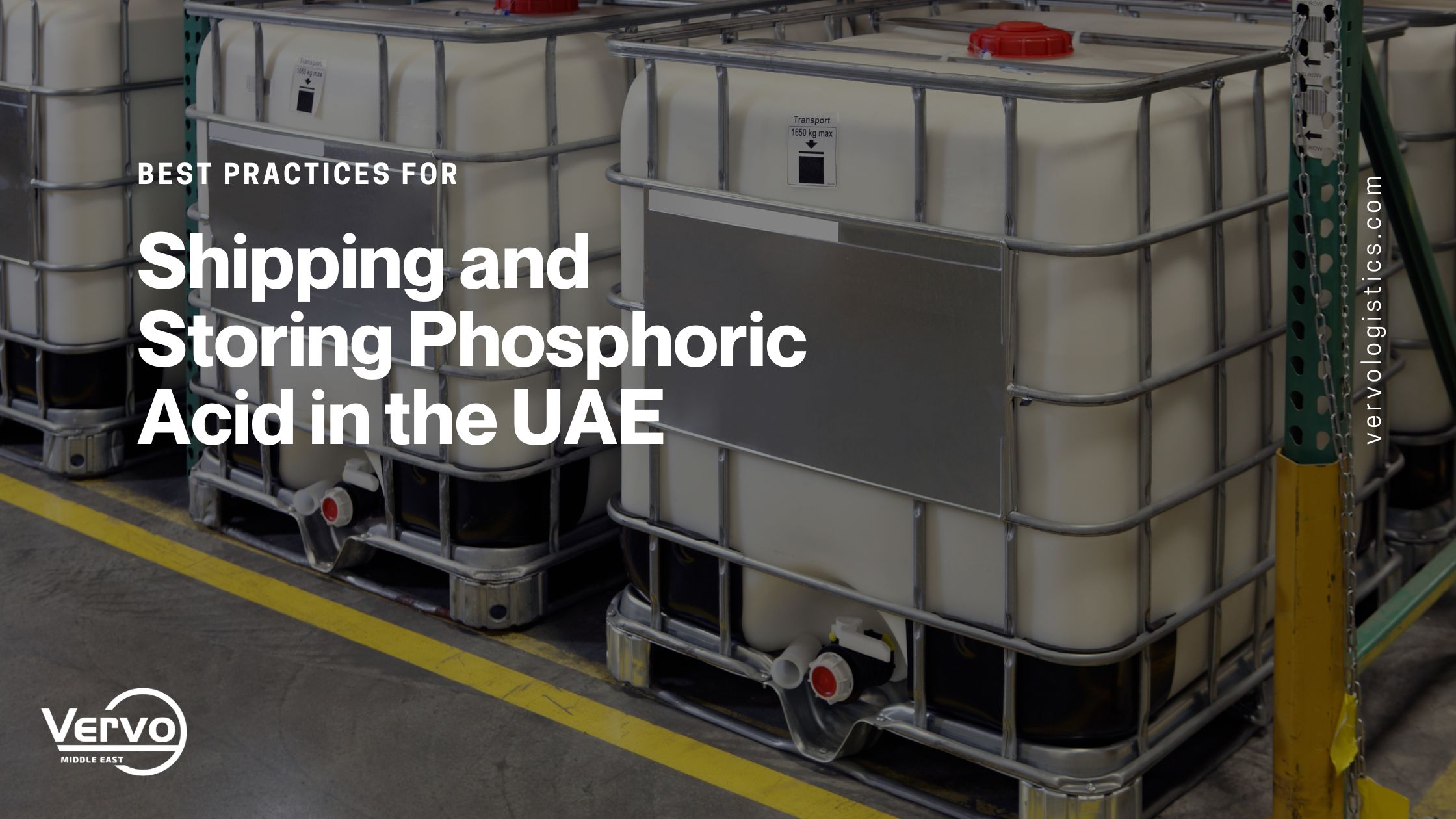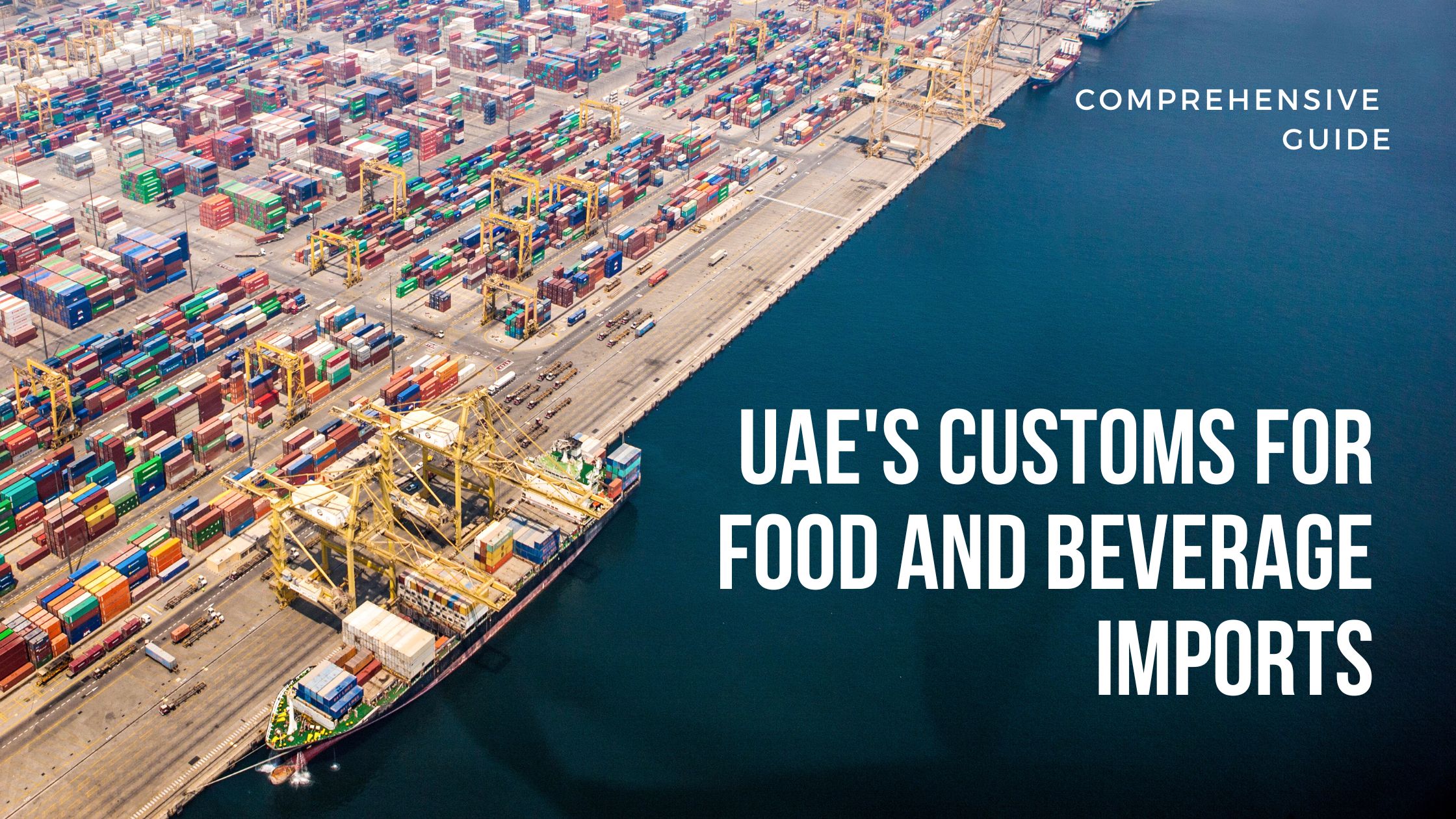January 1, 2018, was the go-live date of the Value Added Tax (VAT) system in the UAE. For any UAE business involved in import and export activities, VAT adds a new layer of tax obligations and compliance. Although VAT is ultimately paid by the end consumer, businesses serve as intermediaries, collecting the tax and forwarding it to the state via periodic tax filings. Here is how to account for VAT on import transactions ⬇️
VAT Rates in the UAE
The Federal Tax Authority has set the standard VAT rate at 5% on the supply of most imported goods and services, known as 'standard rate supplies'. VAT also applies to 'deemed supplies' like the relocation of business assets and the personal use of goods, even if they do not meet the typical definition of a supply. In all cases, the importer is responsible for paying the VAT.
However, the UAE VAT system does provide some exemptions - 0% VAT applies to certain sectors like education, healthcare, and exports outside the GCC region. Businesses are required to register for VAT if their taxable revenue exceeds the AED 375,000 threshold. There is also the option for voluntary registration between AED 187,500 and AED 375,000. Having a clear understanding of the VAT regulations and rates is critical for companies to maintain compliance and avoid penalties for incorrect VAT accounting.
How Does VAT Work for Imported Cargo?
Value-added tax (VAT) in the United Arab Emirates operates as an indirect tax applied at each stage of production and distribution. While retailers, wholesalers and other intermediaries are responsible for collecting and accounting for VAT, the final burden rests on the end consumer, who pays the full tax embedded in the final price.
This multi-stage system creates additional documentation requirements, especially for businesses involved in logistics. In our logistical operations, we ensure full compliance with VAT filings and documentation requirements at each stage of the supply chain we are involved in. For example, we must have in hand full documentation on what VAT has been paid on imports, as well as proof of tax registration status of the importer. This is necessary for imported shipments to clear customs.
VAT Registration in the UAE
Any business with annual taxable revenue over AED 375,000 must register for VAT. This threshold aims to reduce the administrative burden for small businesses. Companies with taxable supplies between AED 187,500 and AED 375,000 can voluntarily register for VAT to recover taxes paid on purchases. Similarly, startups with expenses exceeding AED 187,500 can register even before generating revenue. The VAT registration process involves:
- Creating an e-Services account on the Federal Tax Authority website
- Filling out the VAT registration form with business details like legal name, activities, projected revenue
- Submitting required documents like trade license, ID, etc.
- Applying by submitting the completed form and documents
- Receiving a VAT registration certificate after approval by the FTA
The process can be fully completed online by providing information and documents to the FTA.
VAT-exempt Goods
The UAE VAT system has three supply categories - standard-rated, zero-rated, and exempted. Zero-rated supplies are taxable at a 0% VAT rate. Though no VAT is charged on these goods, businesses can recover VAT paid on related costs. The UAE government has zero-rated:
- Exports of goods and services.
- International transport of goods and related services.
- Certain transport like trains, ships, aircraft and associated goods/services.
- First supply of residential buildings within 3 years of construction.
- Rescue vehicles like airplanes and marine vessels.
- Precious metals for investment.
- First supply of charitable institution buildings.
- First supply of converted non-residential to residential buildings.
- Crude oil, natural gas.
- Educational services, goods.
- Healthcare services and associated goods.
VAT-exempt goods are not subject to VAT, so no VAT is charged, and input tax cannot be recovered. Exempt supplies in the UAE include certain financial services, residential units supply if not zero-rated, bare land, and local passenger transport. In cases of partial exemption where a business makes taxable and exempt supplies, only VAT on costs related to taxable supplies can be recovered, preferably using the input tax ratio method.
Penalties for VAT Offenses
The Federal Tax Authority (FTA) in the UAE has set penalties for various VAT offenses under “Federal Law No. 7 of 2017 on Tax Procedures.” These include:
- Late VAT registration - AED 10,000 penalty
- Late VAT de-registration - AED 10,000 penalty
- Late VAT return filing - AED 1,000 for first time, AED 2,000 for repeat offenses within 24 months
- Incorrect tax return - AED 1,000 first time, AED 2,000 for repetitions
- Late VAT payment - 2% of unpaid tax immediately plus 4% monthly after one month from the due date
- Failure to maintain proper records - AED 10,000 first time, AED 20,000 for repetitions.
Remember, at Vervo Middle East, our customs clearance experts make the entire process of importing cargo easier. We ensure your goods comply with, not just UAE VAT regulations, but also all the requirements needed to clear customs faster, while you maintain full visibility from your office. Get your goods into the UAE with no hassle or delays. Contact our team today for smoother, faster customs clearance! Describe your cargo here and receive a free quote.




